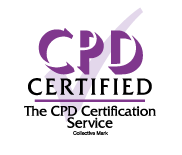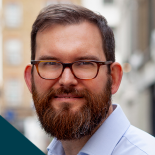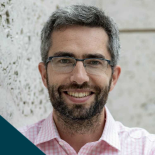Introduction to Quantum Computing
MediaCentral Widget Placeholderhttps://mediacentral.ucl.ac.uk/Player/13h2J9B4
Overview
Quantum Computing has the potential to transform sectors ranging from healthcare and pharmaceuticals to energy and transport. Get up to speed with the fundamentals of quantum computing, the current state of development and explore the future of its potential.
Facilitated by world-leading experts from UCL’s Quantum Science and Technology institute, you’ll be guided through the fundamentals of quantum theory without the need for any in-depth mathematical knowledge.
You’ll be introduced to the definitions and properties of qubits, before comparing the characteristics of classical bits and quantum bits. You’ll also get to take part in a live workshop, allowing you to have your questions answered in real-time by experts in the field.
Who is the course for?
This course is designed for industry professionals working in science, technology, engineering and adjacent fields such as public policy and finance, who want to further their knowledge of quantum computing and its applications. It’s also suitable for those with a general interest in new and emerging technologies.
Course benefits
- Available on demand with regular tutor facilitation*.
- Designed with the same rigorous approach we take when developing our undergraduate and postgraduate programmes.
- Active learning provides you with the opportunity to apply the skills and knowledge you are being taught.
- A reflective discussion-based approach that provides you with many opportunities to collaborate with learners from other organisations and sectors.
- 2 hours of live virtual workshops with academic experts.
- 8 hours of self-paced online study.
- Get your questions answered by subject experts.
- Start the course at any time with workshops at scheduled intervals.
* Lead Educators will be present on the course during tutor-facilitation windows (roughly once per month).
Course syllabus
Week 1 - Classical vs Quantum
- Show weekly breakdown
- Welcome to the course
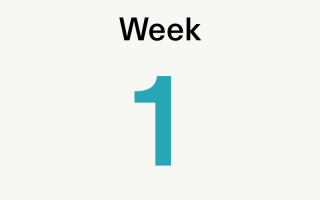
- Science in the 20th century was dominated by the space race, a bid by research, government, and industry, to achieve dizzying new heights. How is the race for a quantum computer its 21st-century equivalent?
Classical vs quantum physics
- What is quantum physics and how does it differ from classical physics?
Qubits, superposition, and measurement
- Quantum computers have the potential to be exponentially more powerful than classical computers. Discover how qubits, the building blocks of quantum computers, can unleash that power.
Challenge
- An assignment providing you with the opportunity to apply the knowledge you have learnt so far.
Summary
- A reflection on Week 1 of the course, the discussions you have participated in and the implications of quantum for the world of computing.
Week 2 - Algorithms, applications and platforms
- Show weekly breakdown
- Algorithms
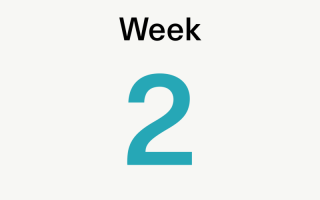
- Quantum computers are uniquely suited to solving algorithms that prove very challenging and time-consuming for classical computers.
Applications
- A discussion around the potential applications of quantum computers.
Platforms
- There is no one method of success with this emergent technology, and many companies have developed unique products. Let's examine these technologies and consider which may be leading the race.
The future of quantum computers
- Quantum computing has progressed rapidly since the 1990s, but what can we expect in the future? Moreover, with any new technology, there are choices to be made. What key questions do we need to ask about responsible innovation?
Challenge
- Here we challenge you to draw together everything you've learnt in the course and provide feedback to your fellow learners.
Summary
- A summary of the key themes we have looked at in Week 2.
Live workshop
- This week features a live virtual workshop over video conferencing platform Zoom. The workshop provides an opportunity to apply some of the knowledge and skills you have learnt, as well as ask the tutors any questions you have.
Try it now
What will you achieve?
Accreditation and Certification
Who will you learn with?
Essential info
Deliver maximum impact
What are you waiting for?
 Close
Close


